Plastic waste pollution in the ocean is becoming increasingly serious. (Image: Wired)
However, to continue implementing its commitment to reducing plastic pollution (such as reducing plastic leakage into the environment by more than 43% and reducing plastic waste in the sea by 75% by 2030), according to estimates by the KPMG expert group, Vietnam needs approximately 8-9 billion USD in funding to "take action" over the next 5 years.
Maintain commitment to reducing plastic waste.
At the workshop on the implementation of the National Plastics Action Partnership Program (NPAP), organized by the Ministry of Agriculture and Environment in collaboration with the United Nations Development Programme (UNDP) in Vietnam on July 9th, a representative from KPMG (one of the world's largest auditing firms) cited a World Bank report stating that Vietnam is one of the countries that has made a significant contribution to ocean plastic pollution in recent years.
According to World Bank estimates, Vietnam generated approximately 3.7 million tons of plastic waste in 2018, a figure projected to reach 7.6 million tons by 2030. Only 0.4 million tons of this is recycled, while most plastic is burned, dumped, or landfilled.
To achieve plastic reduction targets such as reducing plastic leakage by more than 43% by 2030 and reducing plastic waste in the sea by 75%, KPMG estimates that Vietnam needs approximately US$8-9 billion in funding over the next five years. This includes US$2-2.5 billion for source-based plastic reduction and replacement; US$1.4-2 billion for collection and sorting; US$2.8-3.4 billion for recycling; approximately US$1 billion for intervention measures; and US$700-900 million for final treatment.
The expert group recommended that, to secure additional resources, the first steps should be to reform and optimize the producer accountability framework; promote investment in innovation in recycled and alternative plastics; formalize and support the informal sector; establish a scalable recycling ecosystem through industrial clusters; and strengthen urban and rural waste management.
Meanwhile, according to Ms. Ramla Khalidi, UNDP Representative in Vietnam, since its launch in 2020, NPAP Vietnam has connected more than 200 organizations and supported over 160 plastic pollution reduction projects. This initiative has fostered more than 570 innovative solutions and mobilized a total investment of over 1 million USD.
"Thanks to this close coordination, the principle of inclusiveness has been shaped and integrated into Vietnam's policies," said Ramla Khalidi, emphasizing that while ten years ago Vietnam was often ranked among the world's leading plastic polluters, that is now changing, not because the problem has been completely solved, but because Vietnam is taking concrete and measurable steps to address it.
“Moving to a truly sustainable partnership will take time. This requires efficient operating systems, active leadership at the national level, and stable financing. However, it is entirely possible if all parties share responsibility and maintain cooperation,” said Ramla Khalidi.
The UNDP Vietnam Representative also affirmed that, in its role as the chair of the NPAP Program in Vietnam, the organization remains committed to promoting a multilateral, multi-stakeholder partnership platform established on the basis of formal cooperation between the Vietnamese Ministry of Agriculture and Environment and the World Economic Forum (WEF).
Actions to reduce plastic pollution. (Photo: Hung Vo/Vietnam+)
In addition, the United Nations Development Programme will also support the activities of the partner group in the second half of 2025 to realize commitments on reducing plastic waste and plastic pollution.
Strengthening the necessary policy foundations.
In related developments, on July 9th, the National Plastics Action Partnership (NPAP) officially launched the NPAP Policy Technical Group. This mechanism is designed to promote alignment among legal frameworks related to plastics action and circularity. The group brings together 15 members including policymakers, businesses, researchers, and development partners.
According to Mr. Ho Kien Trung, Deputy Director of the Department of Environment, Head of the NPAP Vietnam Policy Technical Group, in the coming period, the group will work closely with the two existing NPAP Technical Groups (Innovation and Finance, and Gender Equality and Social Inclusion) to strengthen an integrated and comprehensive approach to addressing plastic pollution in Vietnam.
The group's activities aim to strengthen the policy foundation necessary for long-term, systemic changes and contribute to Vietnam's commitment to building a sustainable circular plastics economy.
According to Mr. Vu Duc Dam Quang, Deputy Director of the International Cooperation Department (Ministry of Agriculture and Environment) - Head of the Vietnamese delegation at the INC-5.2 negotiating round, this is a crucial time for Vietnam to proactively shape proposals that suit domestic conditions while also playing an active role as a member of the Asia-Pacific region in the process of building the global agreement.
Mr. Quang also stated that the official launch of the NPAP Policy Technical Group yesterday, July 9th, by the Vietnam National Partnership for Plastics Action Program (NPAP) is a continuation of the commitment to addressing the growing challenges of plastic pollution through shared responsibility, as well as mobilizing resources and policy solutions.
In addition, according to representatives from the Ministry of Agriculture and Environment, NPAP also serves as a bridge connecting stakeholders to strengthen expertise, share perspectives, and link interventions to achieve key goals (including reducing marine plastic waste by 75% by 2030, eliminating single-use plastics in coastal provinces, and implementing Extended Producer and Importer Responsibility (EPR) nationwide).
Mr. Quang also emphasized that over the years, Vietnam has closely coordinated with international partners, non-governmental organizations, and businesses to implement programs and projects aimed at reducing plastic pollution. As a result, Vietnam has achieved many remarkable successes in reducing plastic pollution and is gradually improving its national image, removing it from the list of leading plastic polluting countries in the world.
According to VNA
Source: https://baothanhhoa.vn/giai-quyet-o-nhiem-nhua-viet-nam-can-nguon-tai-chinh-khoang-9-ty-usd-254472.htm


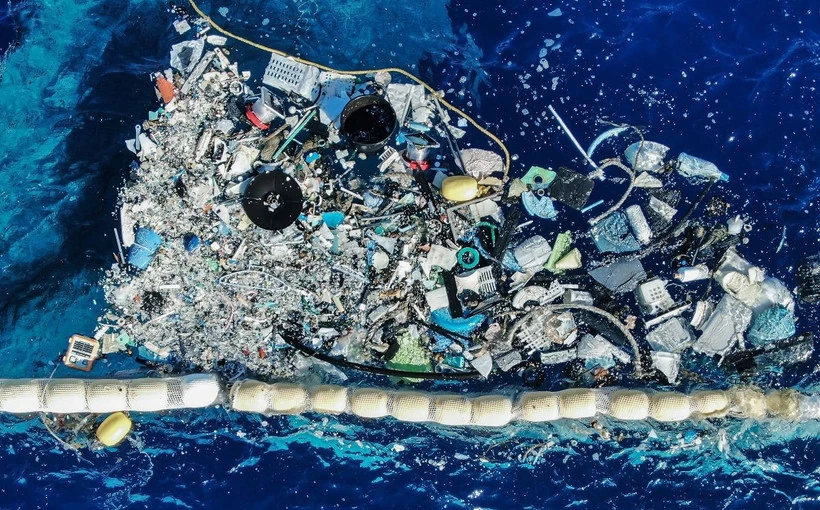
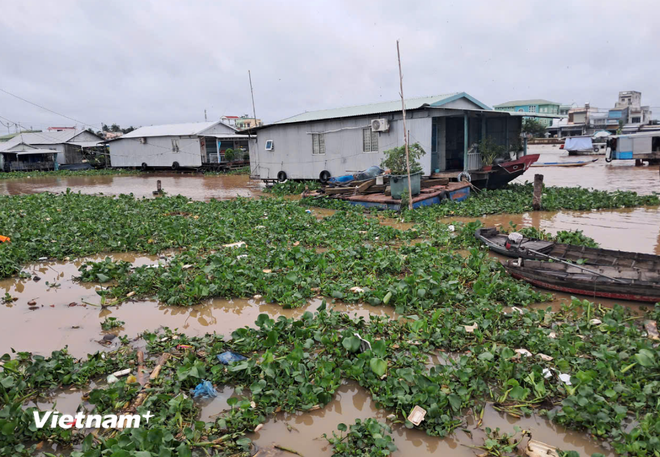







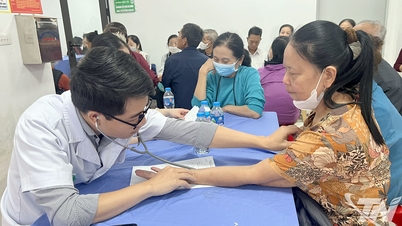

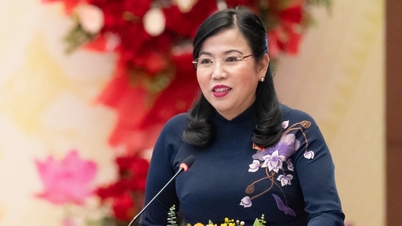

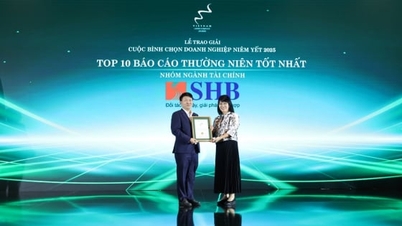

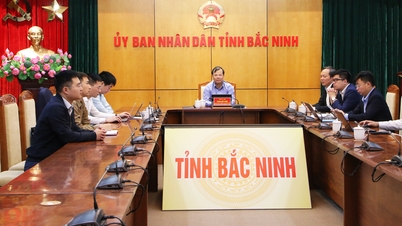

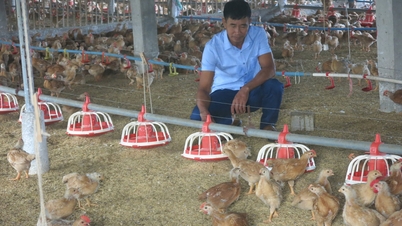







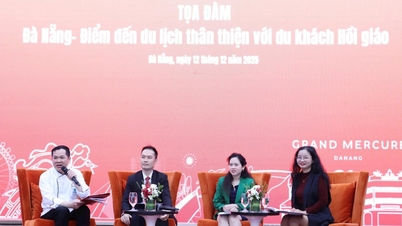







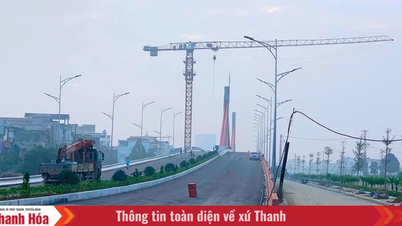
![[E-Magazine]: The season closes the chapter on sources of love](https://vphoto.vietnam.vn/thumb/402x226/vietnam/resource/IMAGE/2025/12/12/1765547070855_e-magazine-mua-w1200t0-di2549d199d5153818t11920l1-mkl-014.webp)



![[Photo] Prime Minister Pham Minh Chinh holds a phone call with the CEO of Russia's Rosatom Corporation.](/_next/image?url=https%3A%2F%2Fvphoto.vietnam.vn%2Fthumb%2F1200x675%2Fvietnam%2Fresource%2FIMAGE%2F2025%2F12%2F11%2F1765464552365_dsc-5295-jpg.webp&w=3840&q=75)






































































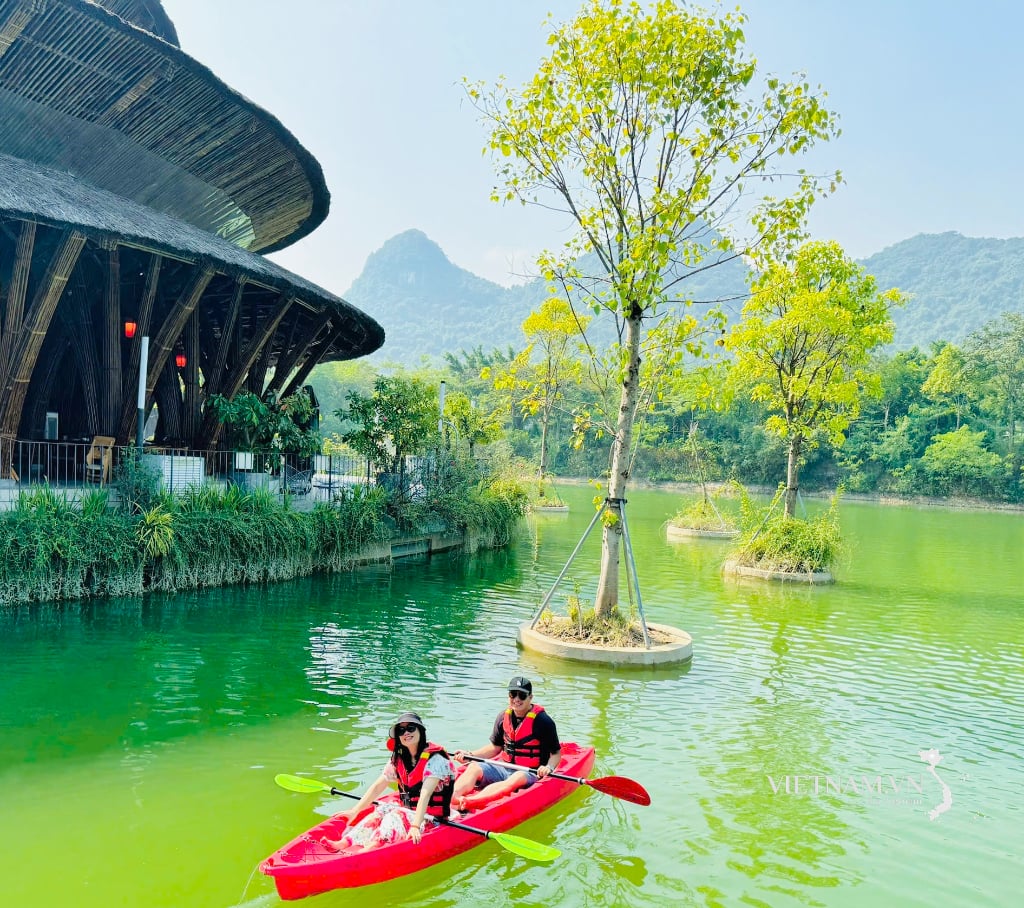



Comment (0)